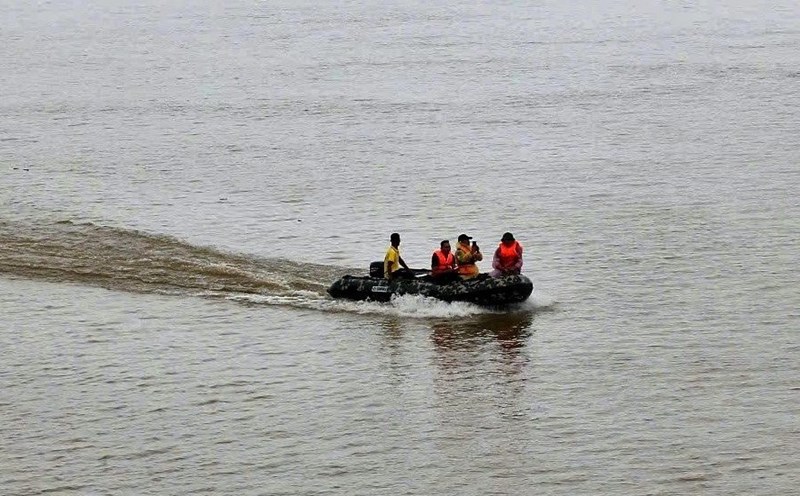A large study using data from the UK Biobank shows that people who drink coffee (both caffeine or decaffein, instant coffee or phin) compared to those who do not drink coffee have a 21% reduced risk of chronic liver disease, 20% less risk of ~5% of fatty liver and a ~49% reduced risk of death from liver disease.
Systemic summaries show that coffee helps improve liver enzymes (ALT, AST, GGT), reduce the progression to cirrhosis, and reduce the risk of liver cell carcinoma.
Drinking 2-3 cups of coffee/day or more is associated with a reduced risk of chronic kidney failure and especially a reduced risk of acute kidney failure compared to people who do not drink it.
In addition, in the overview of health and coffee, epidemiological analysis shows that regular coffee consumption is associated with a reduced risk of chronic kidney disease, a reduced risk of advancing to the final stage of kidney failure and reduced death from kidney disease.
Coffee contains caffeine and some other biological compounds that can stimulate metabolism, increase calorie burning, reduce lipogenesis (fat creation), and may improve insulin sensitivity.
Although there are few randomized trials (RCT) directly on drinking coffee helps with significant weight loss, many observations show that regular coffee drinkers tend to have a lower body mass index (BMI) and are less overweight than those who do not drink it.
The usual study dosage is beneficial: about 2-4 cups of coffee per day.
You should drink black coffee or limit milk, sugar, ice cream to avoid increasing calories, saturated fat, cholesterol, otherwise it will lose metabolic benefits.
People with caffeine allergy, or cardiovascular disease, unstable heart rate, rapid heart rate, need to be careful.
If you drink coffee with a lot of sugar, fat, ice cream, then the possibility of oranges being excess calories, sugar, and fat can be counterproductive to the goal of losing weight and protecting the liver.
People with severe kidney disease (eg, end-stage kidney failure) need to consult a doctor because coffee can affect blood pressure, kidney circulation, and interact with diuretic drugs or other drugs.
High dosage and excessive consumption (for example >6-8 glasses/day, a lot of caffeine) can cause side effects: insomnia, anxiety, increased heart rate, affect digestion, can affect blood pressure, which can indirectly affect the liver and kidneys.










